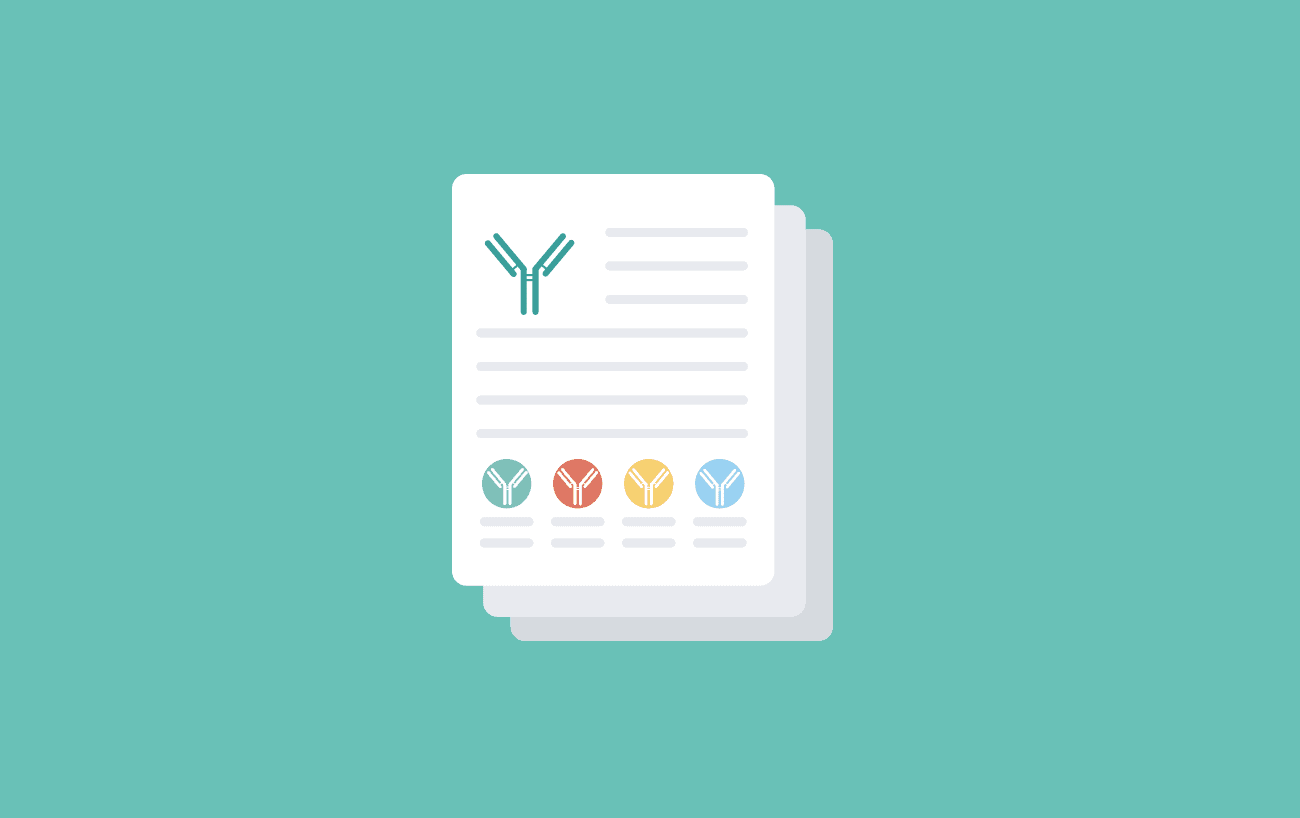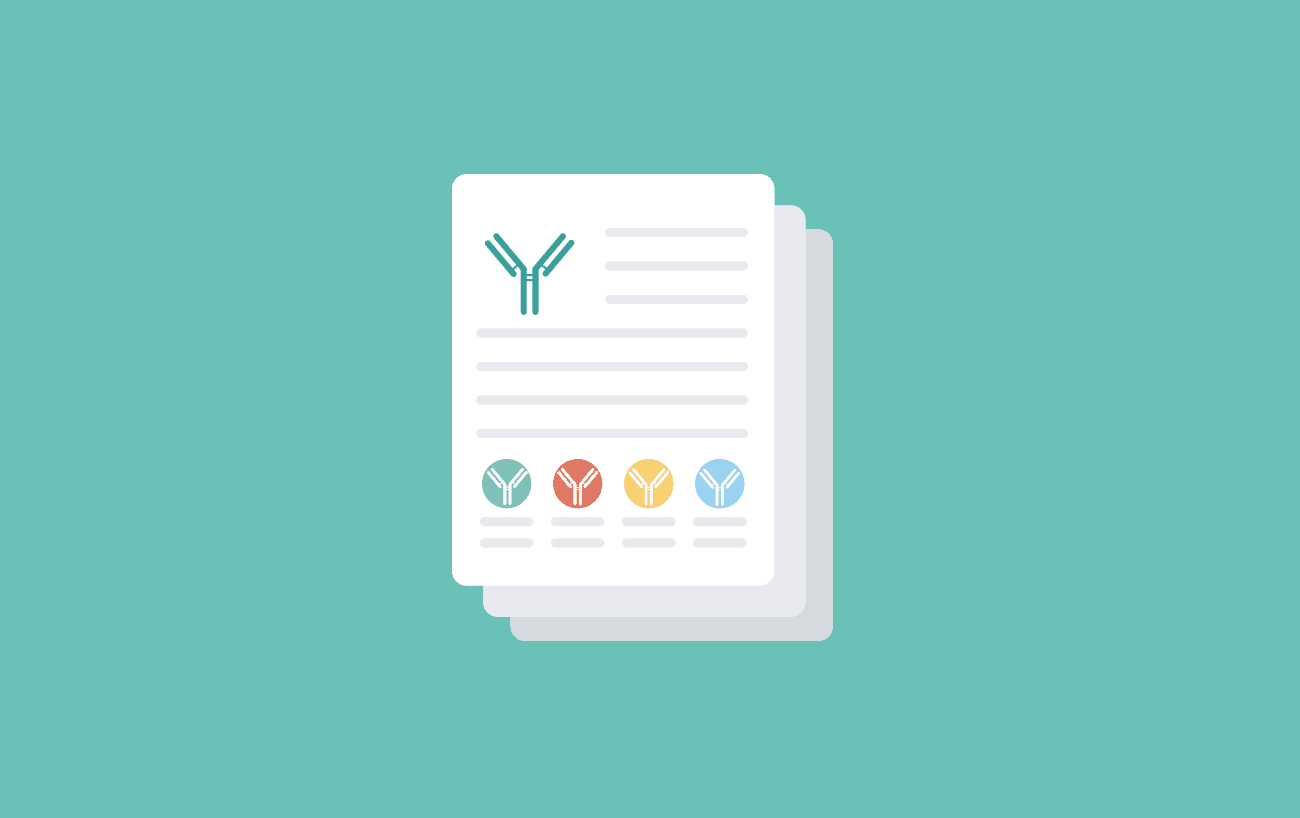The number of cases of dementia is expected to rapidly rise due to our global ageing population. Dementia is a distressing condition characterised by gradual cognitive decline. Affecting mostly elderly patients, Alzheimer’s disease is a major cause of dementia accounting for around 70% of all cases. It has been well established that there is a link between hypertension (high blood pressure) and an increased risk of developing dementia later in life. The diagnosis of hypertension between the ages of 40-64 years has been shown in multiple studies over the last 20 years, to be associated with the onset of dementia at age 70 and above. (1)
The threshold for diagnosis of hypertension is age dependant. However, a systolic pressure of 140 mmHg is generally considered to be hypertensive. A 2018 study of over 8,000 British civil servants found pressures of ≥130 mmHg in participants aged 50 are still associated with a 38% increased risk of developing dementia. This is after taking into account other factors such as health, behaviour and demographic influences. The study utilized electronic health records of blood pressure measurements taken at set intervals between 1985 and 2003. In 2017 the records were checked for diagnosis of dementia.
Data analysis suggested that the increased dementia risk was due to long-term raised systolic blood pressure (chronic hypertension). Raised blood pressure occurring at ages 60-70 did not appear to increase the risk of developing dementia, whereas three high blood pressure readings over a 16 year period aged 45-61 was linked to an increased risk of developing dementia. (2)
The study
A recent publication in Lancet describes a long-term study of over 500 people born in the same week of 1946. The aim of the study is to investigate the mechanism by which hypertension could contribute to cognitive impairment. The study follows the cohort from the age of 36, taking blood pressure measurement at ages 36, 43, 53, 60-64 and 69 years. The majority of the participants also had their brain health monitored aged 69-71 by brain scans. Their brain size, blood vessel damage and levels of amyloid protein (an indicator of Alzheimer’s disease) are recorded.
The study found higher blood pressure in middle age was associated with blood vessel damage and smaller brain volumes. This indicates poorer brain health. However, there is no association accumulation of amyloid proteins. This suggests that dementia related to prolonged hypertension could be due to structural damage to the brain and blood vessels rather than by the amyloid protein associated with Alzheimer’s disease(3).
More research is still required on the neuroprotective properties of various hypertensive drugs and the involvement of amyloid plaques, as there is not a consensus on this in the literature. However, these studies highlight the importance of early diagnosis and treatment of hypertension. Blood pressure levels below that considered hypertensive, and at ages as young as 36 still carry an increased risk. Some steps recommended by the British National Health Service (NHS) to maintain healthy blood pressure and potentially lower the risk of dementia are a nutritious low salt diet, avoiding smoking and excessive drinking of alcohol, regular exercise and maintaining a healthy weight.
References and further reading:
- Kennelly, S.P. et al (2009) Blood pressure and dementia – a comprehensive review. Ther Adv Neurol Disord. 2 (4):241-260
- Abell, J.G. et al (2018) Association between systolic blood pressure and dementia in the Whitehall II cohort study: role of age, duration, and threshold used to define hypertension. Eur Heart J. 39 (33):3119-3125
- Lane, C.A. et al (2019) Associations between blood pressure across adulthood and late-life brain structure and pathology in the neuroscience sub study of the 1946 British birth cohort (Insight 46): an epidemiological study. Lancet Neurol. S1474-4422 (19) 30228-5




